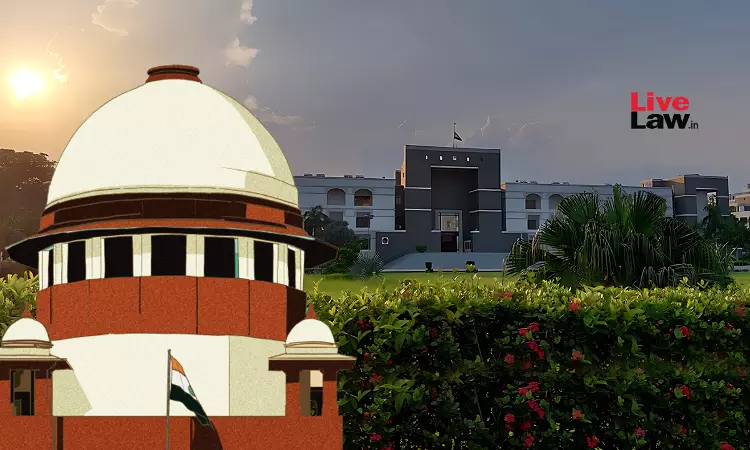The Supreme Court on Monday (November 20) questioned the central government over its delay in notifying the transfer of certain judges, most of them from the Gujarat High Court, even as it cleared the collegium's recommendation to transfer judges from other high courts. A bench comprising Justices Sanjay Kishan Kaul and Sudhanshu Dhulia was hearing a petition filed by the Advocates Association...

